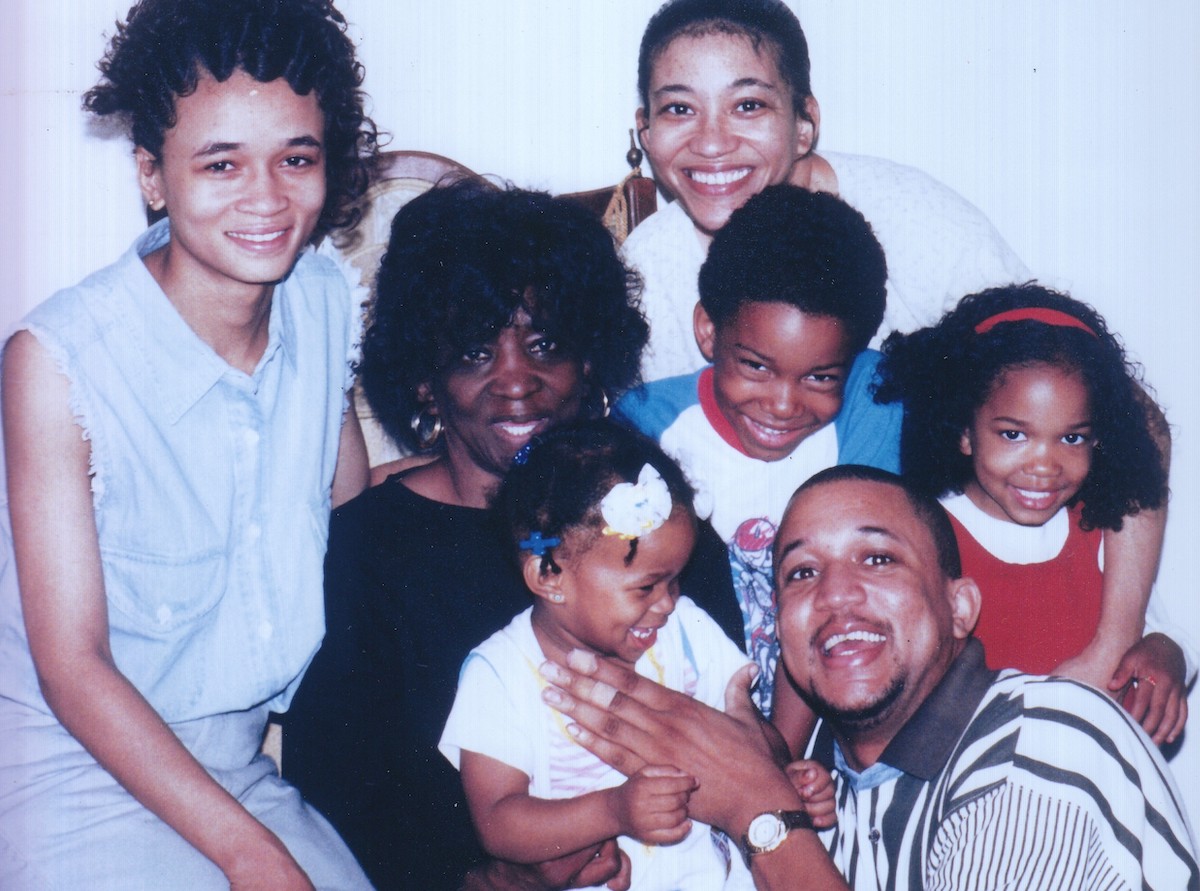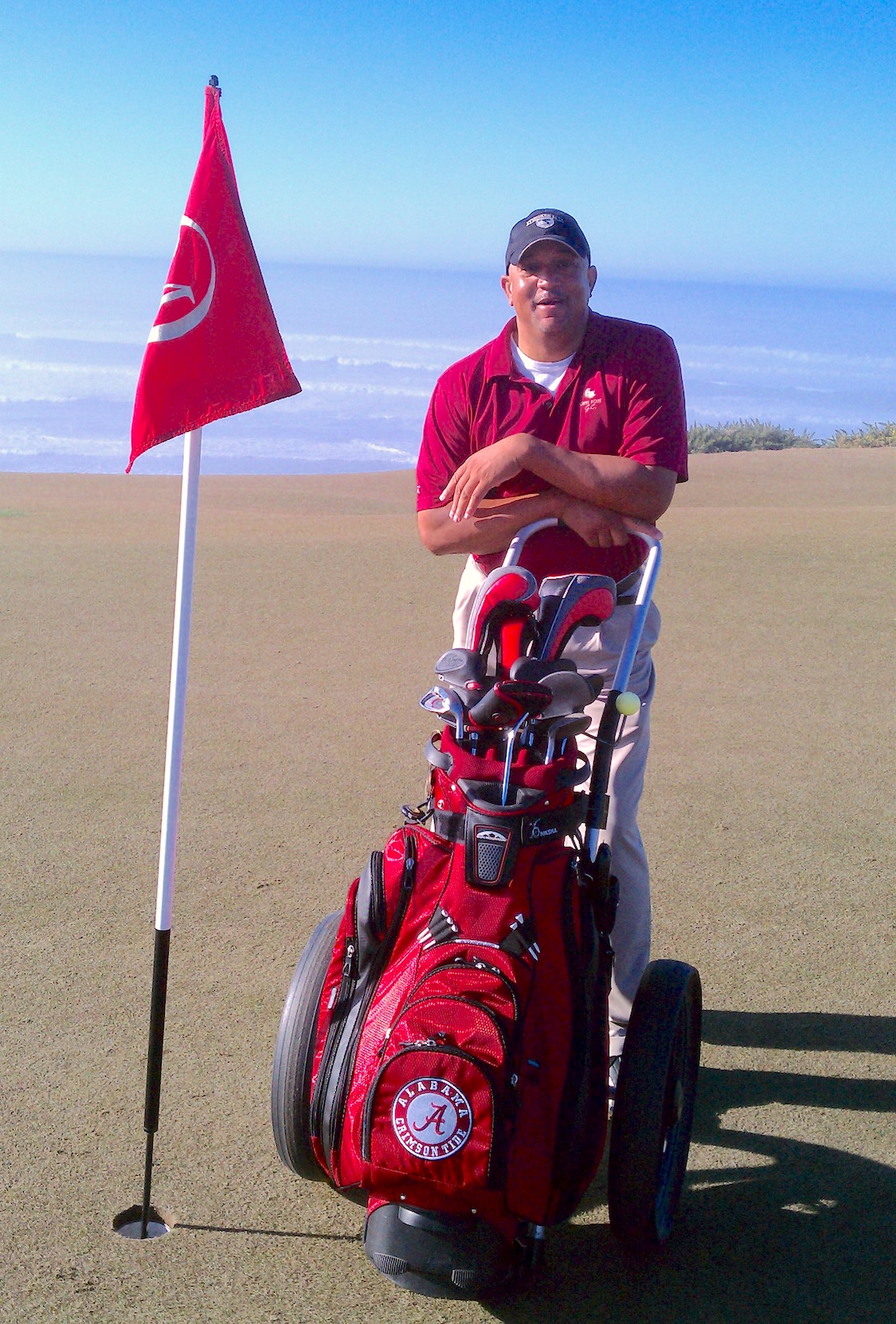You grew up in Selma, Alabama. Do you feel any strong parallels between your childhood home and your home today in Southern Oregon?
There are some parallels that have unfortunately come closer in the last few years. The racism and the way African American individuals and communities are seen here is closer to my days growing up than when I first came to Oregon. When I got here [20 years ago], people were more open. I knew coming in that there was a racist history, and I saw it when I got here. There was a point where I felt we had moved forward. But in the past couple of years, we've moved back, unfortunately, to a place where people are scared to talk about race.
There was a point where in Alabama, I felt like if you didn't like me because of the color of my skin, we could get through that—because I didn’t like you because you didn’t like me because of the color of my skin. Whereas in Oregon, the one thing I always noticed is what has been coined as 'polite racism.’ There's a fear of talking about race, for fear of what it might do, or what it could bring up.
If we don't talk about race, then we can never get past what really is at the root of our problems. I hope now, we're finally at least understanding that we have to have conversation, we have to have discussion, and then we can get to a better point than we ever have been before.
You’re a great student and scholar of history. How would you describe the importance of understanding history to solving today’s problems?
Why would we want to repeat the same mistakes? If you do the same thing over and over again, why do you expect it to change? We get stuck in this mindset: Well, we tried this. Now let's try it that way—just a little bit different. I think Albert Einstein said insanity is repeating the same thing over and over again expecting a different result. That applies to education and all work.
First, we have to acknowledge and realize there’s a problem. Then, how do we make sure that that problem is attacked and approached in a way that is not damaging and really brings something positive?
To be honest, I feel a greater appetite and attitude from African Americans to look at history and think about how we can change the things that have been in place. We do that by talking about it, and not ignoring the fact that it happened. But a lot of people in Oregon, and a lot of my white counterparts, have done everything they can to still think: Well, if we don't talk about it, then maybe it will go away and we don't have to worry about it. That's not the way life works.
You’ve also taught college courses on journalism, public speaking, and media at Southern Oregon University. What power do you see in storytelling and communications to drive change?
One of the great people who surrounded Dr. Martin Luther King, Jr. was Dr. Wyatt Tee Walker. He was one of those folks who saw the importance of storytelling to keep the civil rights movement alive. There were so many times where the civil rights movement almost failed, but Dr. Walker would come up with ideas to move the work forward. How do we make sure the civil rights movement is important to the people who are looking at it, to the people who are part of it, and to the people who need to be affected by it?
One of my favorite things that Dr. Walker talked about and really made possible—and which King would carry out—was the need to utilize the media in the best way possible. Because to do things differently, you first have to see where the evil is in place. Then you expose that evil in the media and tell the story about what it is doing. And then we can move forward, because everyone else would get involved in what we have exposed and shown and done.
That has stuck in my mind over the years. And it applies not just to evil, but to the positive. I have to see and then expose the positive, so you know what's happening, why it's so important for all of us to be a part of it, and then move forward with that positive.

